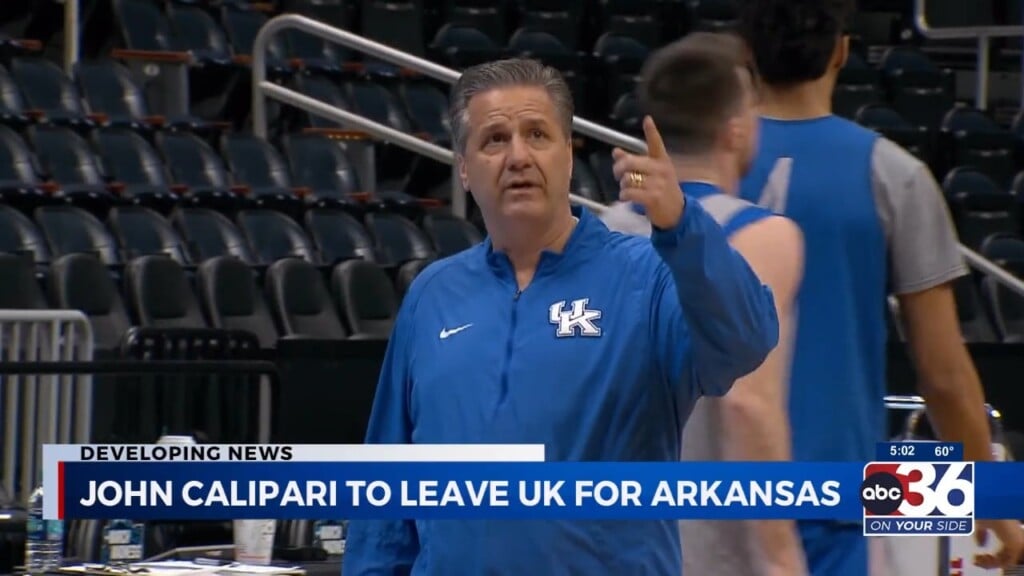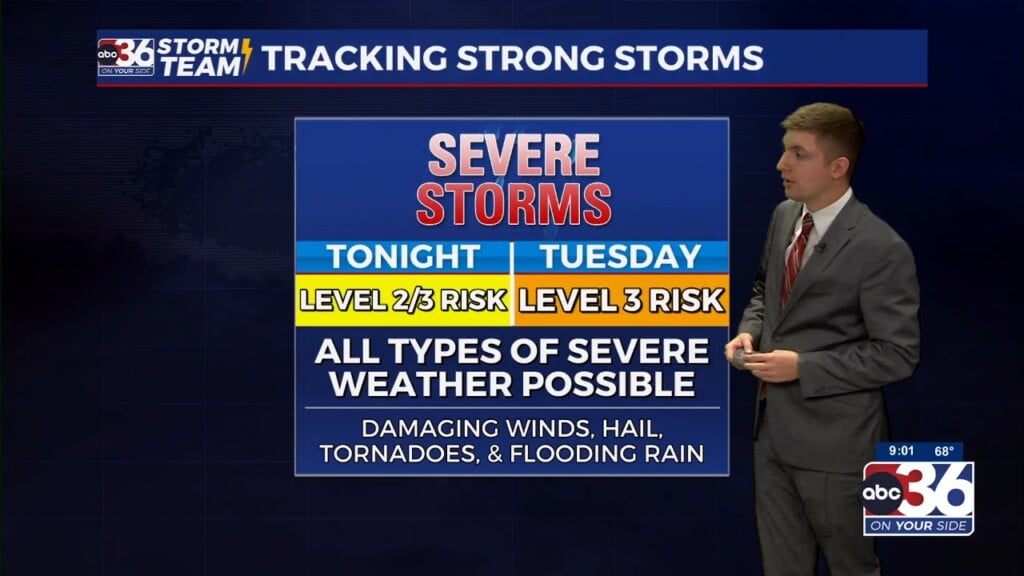CDC grant to help UK fight drug overdoses in Kentucky
LEXINGTON, Ky. (WTVQ)- Doctors at UK hope some government money will help in the fight against opioids in the Commonwealth, specifically prescription drug and heroin abuse.
Throughout Kentucky, people are dying from overdoses and the numbers are high. So high, in fact, Kentucky is ranked second in the nation in deaths. That’s how many people are dying in Kentucky from drug-overdose. And it can be broken down by county.
The latest information provided by the Kentucky Injury Prevention and Research Center shows drug overdose deaths, specifically from pharmaceuticals are particularly high in Bell, Clay, Floyd, Johnson and Knox counties. The study, from 2011-2013 showed those counties had the highest rates of death per 100,000 residents in that time.
When talking about heroin, the region changes. Campbell, Kenton, Boone, Fayette and Jefferson counties have the highest rate of death by overdose for that time period. Now the University of Kentucky will have $4 million and four years to help change that.
“So you know, it’s a matter of really putting the money where the problem is,” said Dr. Terry Bunn with the KIPRC.
The Centers for Disease Control and Prevention saw the problem in Kentucky. With that money, the Kentucky Injury Prevention and Research Center hopes to take a number of steps to reduce that problem, many involving data.
Communities will be provided with data in order to plan drug overdose prevention interventions and policies. With that data comes a hopeful timeline.
“That we’ll start seeing some effects with this within the next couple of years or so because it’s going to take this first six months for the data to even be disseminated to the local communities and from there, they’re going to need to develop their interventions,” said Dr. Bunn.
That’s especially true in those counties we mentioned before. It’s one of a couple noteworthy steps toward creating a safer, drug-disease free Kentucky. Another is the recent needle-exchange with the Lexington-Fayette County Health Department, an anonymous, confidential way for heroin and other needle-drug users to stop the spread of disease.
“Right now there’s us and Louisville here. The opportunity to do it is nationwide and there are places all over the country doing it,” said Dr. Rice Leach, health commissioner.
The efforts, which hope to help, sadly come after Central Kentucky families have already felt the sting of deadly prescription drug or heroin overdose.
“My brother was 28 years old when he passed away,” said Aimee Clay, whose brother passed away from heroin overdose.
For Clay, the promise of prevention won’t bring her brother Chelis back. But it could help other families avoid the grief of loss.
“Heroin doesn’t have a face. His face is not one that you’d look at and think, ‘oh, he’s on heroin’,” says Clay. “There are so many people who are struggling with addiction. A lot of people don’t come out and talk about it because it’s everybody’s dirty little secret.”




Leave a Reply